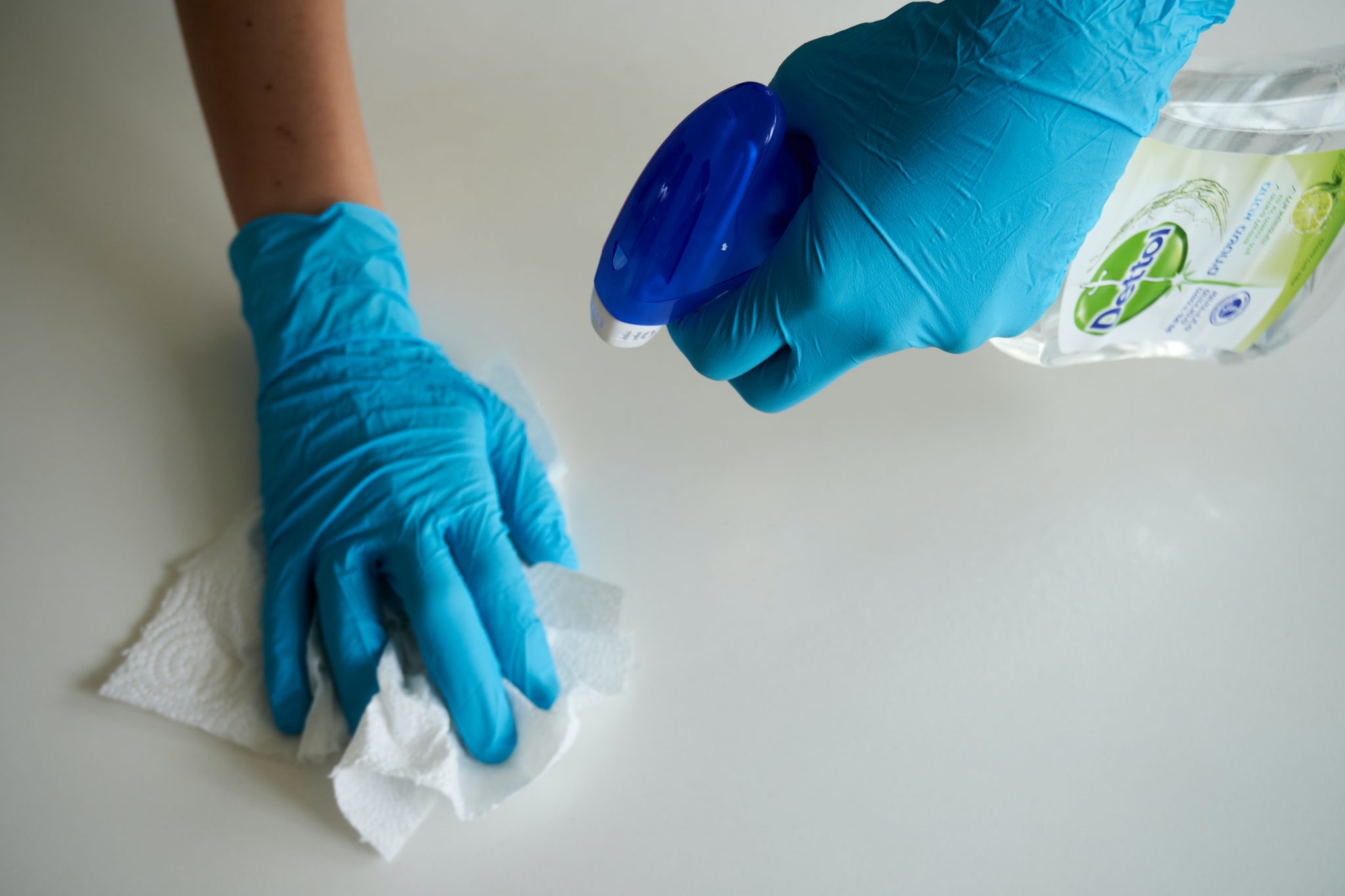Some countries, particularly in Western Europe are fortunately experiencing a decrease in new COVID-19 infections. Other parts of the world, notably the Americas, are less in control of the situation. Social distancing has been effective but the population are tiring of these restrictions and local outbreaks will unfortunately become more common.
Economies have been stopped in their tracks as businesses have been forced to close. Many people across the world have lost their sources of income and job losses are likely to continue. Internet ordering and home delivery has boomed during the lockdown and has changed the way we acquire products and services, perhaps for a long time. Some businesses have benefited but for others, especially those depending on footfall, may be irreversibly damaged. Nevertheless, governments must get their societies and economies moving again and are doing so by relaxing social restrictions. The difficulties of managing this on a local level are becoming apparent, as local outbreaks are occurring and restrictions are being relaxed then reapplied.
Since lockdown, the nature of this virus has become clearer and its aetiology has blindsided many epidemiologists and virologists. To date, there are dubious levels of immunity (impacting the possibility of reinfection with the same or a related virus, as seems to have occurred in South Korea), there is no vaccine (trials are promising) and no specific anti-viral treatment, aside from alleviation of symptoms. The fact that people may be asymptomatic and still carry infectious virus particles has been surprising to many, with the twist being that many, especially younger people, are not likely to be affected at all. The bright light in all of this has been the rapid adoption of RT- PCR testing for the virus which has enabled us to detect the virus in asymptomatic people. Increased testing of all sections of the community is vital for identification of infected people, for determination of their isolation status and for suppression of the virus.
It is essential that as we return to the new normal and social interactions are increased, perhaps by returning to work, that vigilance remains. Rapid PCR testing of you and your colleagues will give confidence that all around you (including your families when you go home) are free from.


